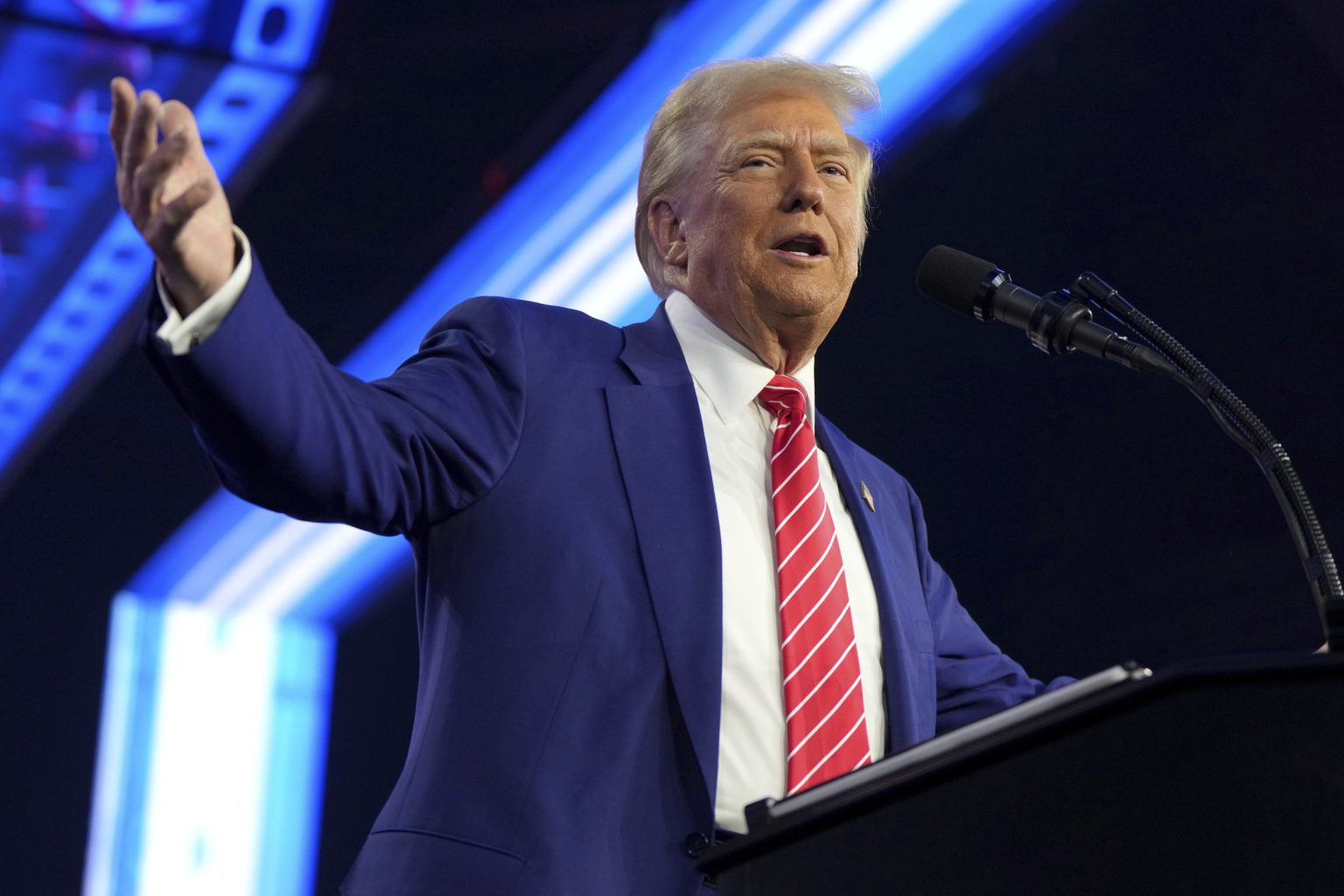Donald Trump’s recent social media pronouncements regarding the Panama Canal have ignited a diplomatic firestorm, raising questions about international treaties, historical agreements, and the future of U.S.-Panama relations. The former president’s assertive stance, claiming the U.S. could demand the canal’s return, has been met with firm resistance from Panama, setting the stage for a potential international dispute. The core of the disagreement lies in Trump’s contention that Panama’s fees for American ships traversing the canal are exorbitant and constitute a “rip-off” of the United States. This perceived injustice, coupled with Trump’s interpretation of the historical context surrounding the canal’s transfer, forms the basis of his demand.
Trump’s claim rests on a perceived imbalance in the relationship between the two countries regarding the canal. He argues that the U.S. demonstrated “extraordinary generosity” towards Panama, implying that the current fee structure disregards this historical context. He further asserts that the canal was never intended “for the benefit of others,” but rather as a symbol of cooperation between the U.S. and Panama. This interpretation suggests a proprietary claim over the canal, contradicting the established understanding of the 1979 treaty that transferred control to Panama. He frames the original handover as a “magnanimous gesture,” suggesting a conditional bestowal rather than a legally binding agreement. This narrative underscores Trump’s belief that the U.S. retains a right to reclaim the canal if Panama fails to adhere to what he considers the implicit terms of the original agreement.
Panama, however, vehemently rejects Trump’s claims. President José Raúl Mulino’s unequivocal statement that every inch of the canal “belongs to Panama and will continue belonging to Panama” reflects the country’s unwavering commitment to its sovereignty and territorial integrity. This firm stance underscores the international recognition of Panama’s ownership and control of the canal, ratified through the 1979 treaty. The treaty, negotiated and signed under President Jimmy Carter, represents a legally binding agreement that transferred full control of the canal to Panama by the year 2000. Panama considers this a settled matter and views Trump’s pronouncements as a challenge to international law and a disregard for Panama’s sovereignty.
The historical context of the Panama Canal adds another layer of complexity to the current dispute. The U.S. initially acquired control of the canal zone in 1903 through a treaty with Panama following its separation from Colombia. The construction of the canal, completed in 1914, was a monumental engineering feat that significantly reduced travel times and shipping costs between the Atlantic and Pacific oceans. However, the U.S. presence and control over the canal zone became a source of contention and nationalistic sentiment in Panama. The 1979 treaty, signed by President Carter and Panama’s Omar Torrijos, addressed these long-standing tensions and paved the way for a peaceful transfer of control, a move widely lauded as a triumph of diplomacy and a recognition of Panama’s sovereignty.
The current controversy resurrected by Trump challenges this historic resolution. His assertion that the U.S. could demand the canal’s return not only disregards the existing treaty but also undermines the decades of peaceful cooperation that followed its implementation. The Panama Canal, a crucial artery of global commerce, handles approximately 14,000 ships annually, facilitating trade and transportation between continents. Its smooth operation is vital for the global economy, and any disruption or dispute surrounding its control could have significant ramifications. Trump’s rhetoric, therefore, carries the potential to destabilize a critical component of international trade and create unnecessary tensions in the region.
The dispute underscores the differing perspectives on international agreements and historical context. While Trump focuses on what he perceives as an unfair financial arrangement and a misinterpretation of the spirit of the original agreement, Panama emphasizes the legally binding nature of the 1979 treaty and its sovereign right to control its territory. The international community largely supports Panama’s position, recognizing the treaty as a valid and binding agreement. Trump’s statements, therefore, appear isolated and potentially damaging to U.S. foreign relations. The future of this dispute remains uncertain, but the strong reactions from Panama and the broader international community suggest that any attempt to unilaterally reclaim the canal would face substantial opposition. The incident serves as a reminder of the fragility of international agreements and the importance of upholding established treaties to maintain global stability and cooperation.


